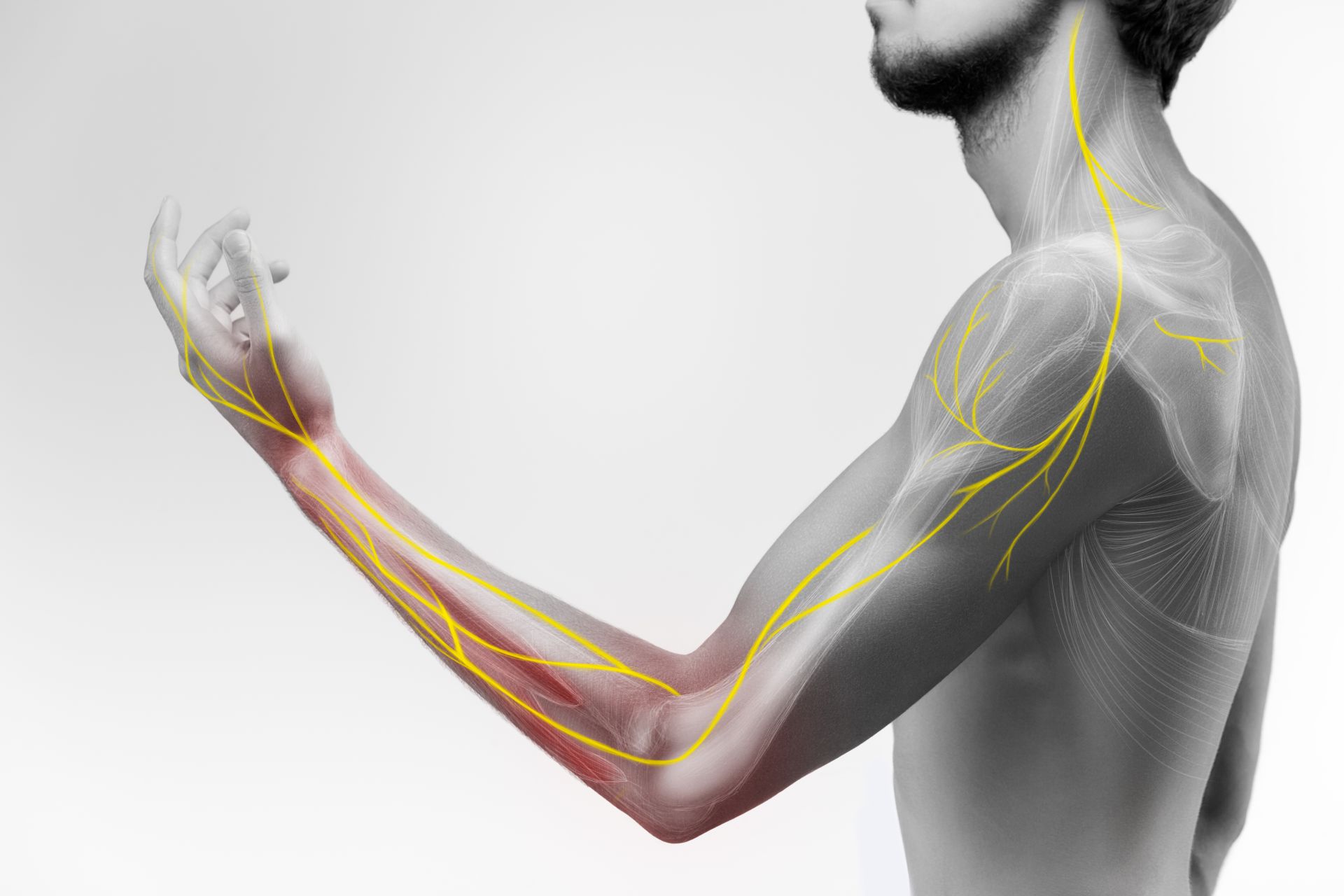PQQ and the nervous system - what are the relationships?

The nervous system is an incredibly complex structure of the human body that still holds many secrets. Despite intensive research, many nervous system disorders medicine is still unable to cure. What's worse, this system gets sick most often in old age, when we already have less strength to fight for health. Therefore, the health of the nervous system must be taken care of throughout life, treating it as a kind of insurance. What for the nerves is PQQ able to offer? Let's check it out!
- PQQ is a mitochondrial antioxidant and stimulator of their biogenesis
- PQQ and the nervous system and neuroprotection
- PQQ and cognitive ability - study results
- Summary
PQQ is a mitochondrial antioxidant and stimulator of their biogenesis
Pyrroloquinolinequinone (PQQ) is an extremely interesting substance. Although it is not classified as a vitamin, research indicates that it is possible to experience a deficiency. It is mainly known as a substance that supports metabolic health and energy management by supporting mitochondria, and this naturally affects the nervous system as well.
By some scientists, PQQ is considered a substance closely related to the B vitamins, and this group of vitamins has a very broad impact on nervous system function. PQQ has several mechanisms of action by which it can support nervous system health, and practical benefits have been noted in both animal and human studies.
PQQ and the nervous system and neuroprotection
Nervous system defects can result from chronic oxidative stress. Many substances that are known to have neuroprotective effects have a greater or lesser effect on reducing free radicals. PQQ is one of those whose influence is greater. The antioxidant potential of PQQ is up to 7.4x greater than that of ascorbic acid, or vitamin C.
Scientists have detected several different mechanisms by which PQQ protects the nervous system. Among other things, they noted an effect on increasing NGF (neuronal growth factor) expression and reducing the risk of neuronal death.
PQQ has been shown to have a stimulating effect on NGF synthesis/secretion in astroglial cells and fibroblast cells, without cytotoxicity. The exact mechanism of NGF enhancement by PQQ is not yet clear. However, it is believed that the necessary process is cyclooxygenase activation, since NGF induction is inhibited by substances that are cyclooxygenase inhibitors.
In the context of protecting nerve cells, PQQ acts by several mechanisms and may protect them from degeneration due to various causes.

PQQ and cognitive ability - study results
Study 1: Yuji Itoh et al. conducted a randomized, placebo-controlled, double-blind study to examine the effects of PQQ disodium salt (BioPQQ™) on cognitive function. The study included 41 healthy seniors. The subjects were orally administered 20 mg of BioPQQ™ daily, or placebo, for 12 weeks. In terms of cognitive function, selective attention was assessed using the Stroop test and the reverse Stroop test, and visuospatial cognitive function was assessed using the Touch M tablet.
In the Stroop test, the change in Stroop interference (SI) coefficients in the PQQ group was significantly less than in the placebo group. In the Touch M test, analyses dividing each group into two subgroups showed that only in the lower subgroup of the PQQ group (baseline score < 70) did the score significantly increase. Measurements of physiological parameters did not reveal any abnormal adverse blood or urinary tract events or adverse internal or physical findings at any stage of the study. A preliminary experiment using near-infrared spectrometry (NIRS) suggests that cerebral blood flow in the prefrontal cortex was increased after PQQ administration. The results suggest that PQQ may prevent deterioration of brain function in the elderly, particularly in attention and working memory.
Study 2: Another double-blind, placebo-controlled study(Masanori Tamakoshi et al.) examined the effects of PQQ on cognitive function in adults aged 20 to 65. Study participants were administered PQQ disodium salt (20 mg daily) for 12 weeks. After 12 weeks, participants showed improvements in complex and verbal memory. A further analysis was conducted distinguishing between age groups of participants. In younger adults (ages 20-40), PQQ improved cognitive function (cognitive flexibility, processing speed and execution speed) after 8 weeks, but not after 12. Only older adults (ages 41-65) showed improvements in complex and verbal memory after 12 weeks.
Overall conclusions: Based on the results of several studies, in terms of improving cognitive function, good effects (including memory improvement) can be counted on for those who actually struggle with defects. Better and longer-lasting effects are seen in older people, especially after the age of 45. For healthy people without cognitive defects, the effects are much weaker. In younger and healthy people, instead, PQQ can be part of preventive health care - it's never too early to take care of the brain.
Summary
PQQ has significant effects on the health of the brain and the entire nervous system. The brain is very energy-intensive, and PQQ provides optimal conditions for efficient cellular energy production. Additional actions such as reducing free radicals, reducing inflammation, and stimulating NGF promote neuronal survival and reduce the risk of neurodegenerative diseases. PQQ supplementation can improve cognitive abilities, and the effects are best seen in people over 45 and those with actual cognitive defects.
Sources:
 ⮜ Previous article
⮜ Previous article
Protein hydrolysate - what is it?
 Next article ⮞
Next article ⮞